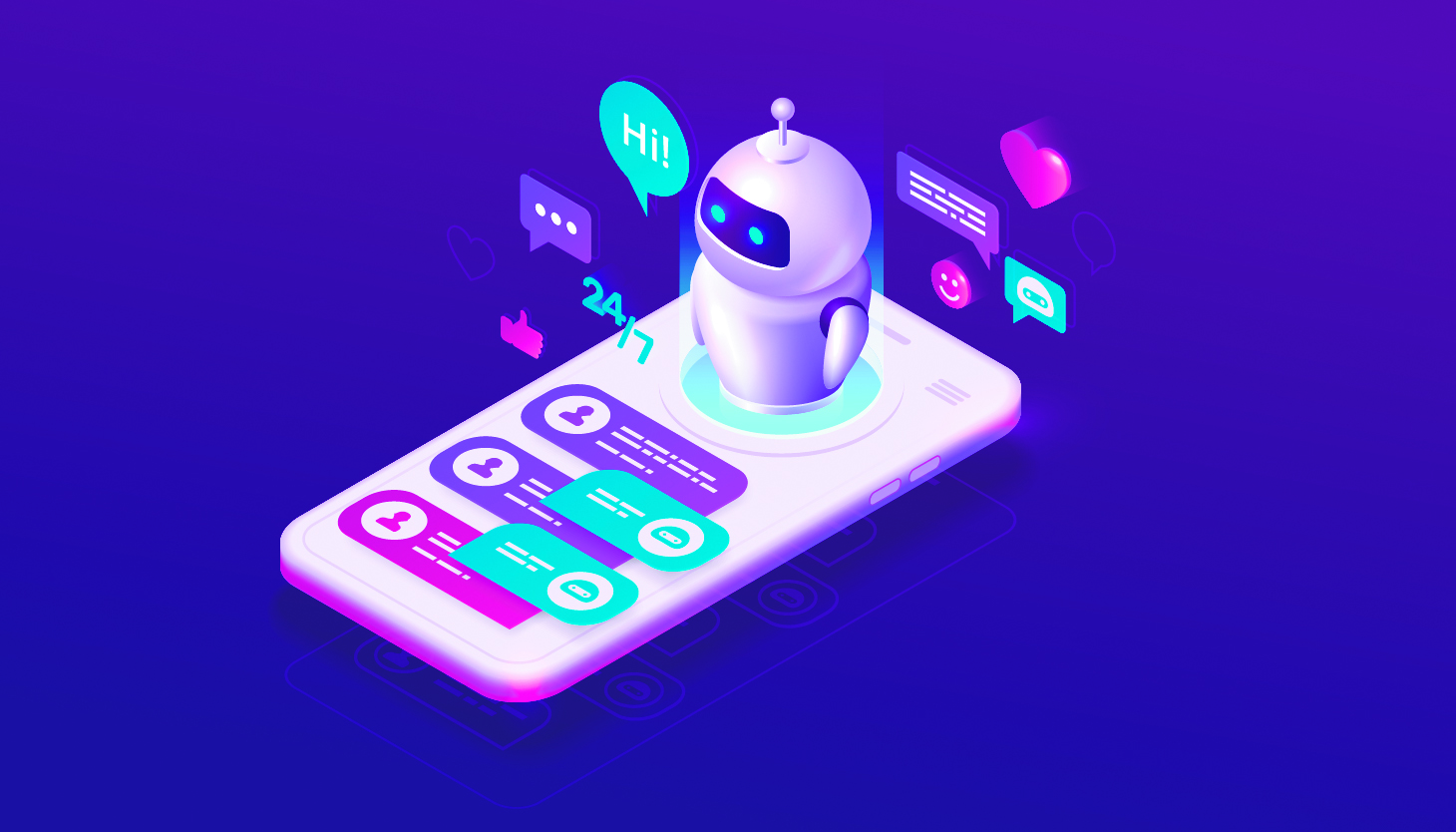Artificial Intelligence (AI) chatbots have revolutionized human-computer interactions, offering unparalleled convenience and assistance. However, the rapid integration of these systems into various aspects of society raises critical ethical considerations that demand attention.
Privacy remains a paramount concern in the realm of AI chatbots. These systems often gather vast amounts of user data to personalize interactions and improve performance. While this data collection can enhance user experience, it poses significant privacy risks if mishandled. Safeguarding sensitive user information and ensuring robust data security measures are essential to build and maintain user trust.
Another critical ethical issue is the potential for bias in AI chatbots. These systems learn from the data they are fed, which can reflect and perpetuate biases present in the dataset. Biased algorithms could result in discriminatory outcomes, affecting marginalized groups or reinforcing stereotypes. Addressing bias in AI chatbots requires meticulous data curation, constant monitoring, and the implementation of fairness-enhancing algorithms to ensure equitable interactions.
Accountability and transparency are integral ethical aspects in AI chatbots. Unlike human counterparts, AI systems lack moral agency or accountability frameworks. This lack of accountability raises questions about responsibility when AI systems make errors or engage in harmful behaviors. Developers must establish transparent mechanisms to clarify AI’s decision-making processes and create avenues for redress in case of adverse consequences.
Responsible AI usage encompasses various ethical considerations. AI chatbots must adhere to ethical guidelines and regulations to prevent misuse or harm. There is a need for comprehensive guidelines or industry standards that govern the development, deployment, and use of AI chatbots. This ensures adherence to ethical principles and promotes responsible practices across the board.
Moreover, ensuring that AI chatbots remain within legal and ethical boundaries involves constant oversight and regulation. Existing laws and regulations may not adequately address the complexities of AI technologies. Hence, there is a pressing need to adapt and expand legal frameworks to govern AI chatbots, ensuring compliance with ethical standards and protecting user rights.
Striking a balance between innovation and ethical responsibility is crucial. While AI chatbots offer numerous benefits, their deployment should not compromise fundamental human values. Incorporating ethical design principles from the outset of development is essential. Ethical considerations should be ingrained into the core design and functionality of AI chatbots, promoting responsible AI development and deployment.
Education and awareness about the ethical implications of AI chatbots are equally important. Users should be informed about the capabilities, limitations, and potential ethical concerns associated with interacting with AI chatbots. Empowering users with knowledge allows them to make informed decisions and advocate for ethical practices.
Let’s dive deeper into each ethical consideration in AI chatbots:
1. Privacy Concerns
Data Collection: AI chatbots often collect user data for personalization. This includes sensitive information, raising concerns about data misuse or breaches.
Mitigation: Implementing stringent data security protocols, encryption methods, and data anonymization techniques can protect user privacy while allowing AI systems to function effectively.
2. Bias in AI
Bias Identification: AI algorithms trained on biased datasets may inadvertently perpetuate stereotypes or discriminate against certain groups.
Addressing Bias: Continuous monitoring, diverse dataset curation, and implementing fairness algorithms can mitigate biases and promote fair outcomes in AI interactions.
3. Accountability and Transparency
Lack of Moral Agency: AI systems lack moral judgment, making it challenging to attribute accountability for unintended consequences.
Transparent Decision-Making: Developers should design systems that elucidate AI decision-making processes, enabling users to comprehend and potentially contest the outcomes.
4. Guidelines and Regulations
Ethical Standards: Establishing comprehensive industry-wide guidelines ensures responsible AI deployment, safeguarding against misuse and harm.
Legal Frameworks: Adapting existing legal frameworks and developing new regulations specifically tailored to AI technologies ensures compliance and user protection.
5. Innovation and Ethical Responsibility
Ethical Design Principles: Incorporating ethical considerations into the core design and development phases ensures that ethical standards are embedded into the system.
Balancing Innovation: Innovation in AI should align with ethical principles, ensuring that technological advancements do not compromise human values or well-being.
6. Education and Awareness
User Empowerment: Educating users about AI chatbots’ capabilities, limitations, and potential ethical implications empowers them to make informed decisions and advocate for ethical practices.
Ethical User Experience: Creating interfaces that transparently communicate how AI chatbots function and handle user data fosters trust and empowers users.
By delving into these areas, we can comprehensively address the ethical landscape of AI chatbots, ensuring that their deployment aligns with ethical integrity and societal well-being.
In conclusion, ethical considerations in AI chatbots are multifaceted and require a comprehensive approach. Prioritizing user privacy, mitigating biases, ensuring accountability, and promoting responsible usage are pivotal to foster trust and uphold ethical standards in the development and deployment of AI chatbots. By addressing these ethical considerations, we can harness the full potential of AI chatbots while upholding ethical integrity and societal well-being.























